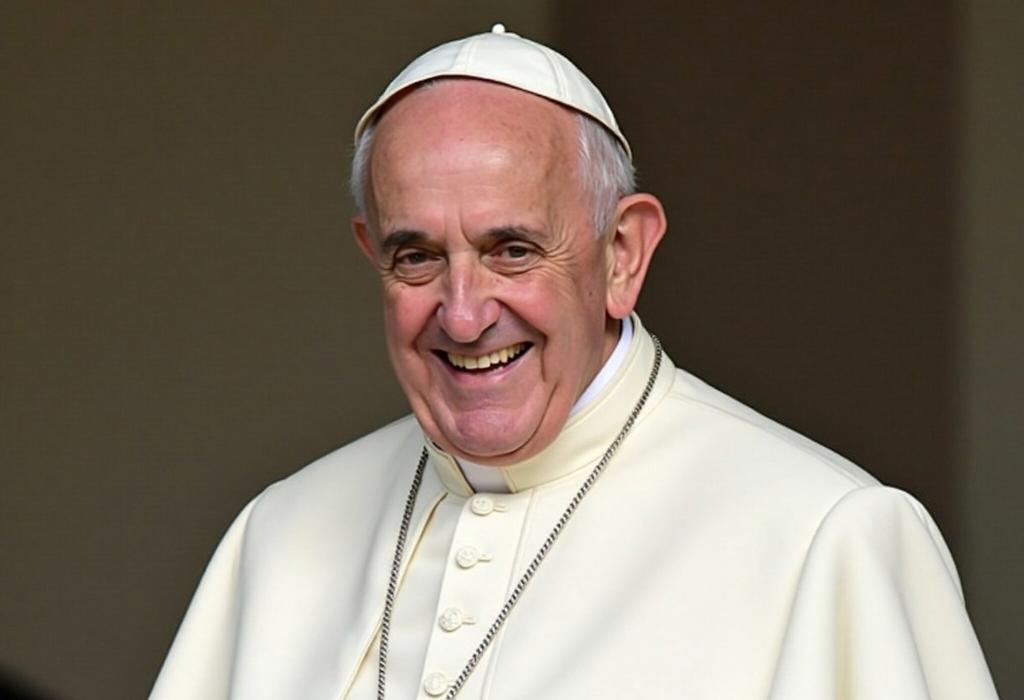Cardinal Kevin Farrell, Camerlengo of the Holy Roman Church, announced the passing of Pope Francis at 9:45 AM, stating that the Bishop of Rome returned to the house of the Father at 7:35 AM. Pope Francis was known for his dedication to the values of the Gospel, particularly towards the marginalized and the poorest. His papacy, spanning 12 years, was characterized by controversy, attempts at rebranding the image of the papacy, and a distinctive shift in style compared to his predecessors, John Paul II and Benedict XVI. Unlike them, whose scholarship and dogmatic stances defined their leadership, Francis emphasized humility and accessibility, yet faced criticism for perceived ambiguity on doctrine. He frequently prompted debates on contentious issues including the Church's stance on LGBTQ+ rights and contraception. Critics argue that his leadership has led to confusion among laypersons regarding core teachings of Catholicism, while others recognize his efforts to foster dialogue and understanding. As we reflect on his legacy, many are left contemplating the future direction of the Church, especially in light of diverging theological and moral pressures from different global regions, marking a significant transitional phase for Catholicism as Francis's successor now stands before critical decisions that could redefine the Church’s path.
AD
AD
AD
AD
Bias Analysis
Bias Score:
75/100
Neutral
Biased
This news has been analyzed from 15 different sources.
Bias Assessment: The coverage reflects a significant bias towards a critical perspective of Pope Francis, particularly from conservative theological standpoints. The language employed often suggests condemnation of his papacy rather than a balanced view of both achievements and missteps, indicative of underlying ideological biases shaping the narrative.
Key Questions About This Article




